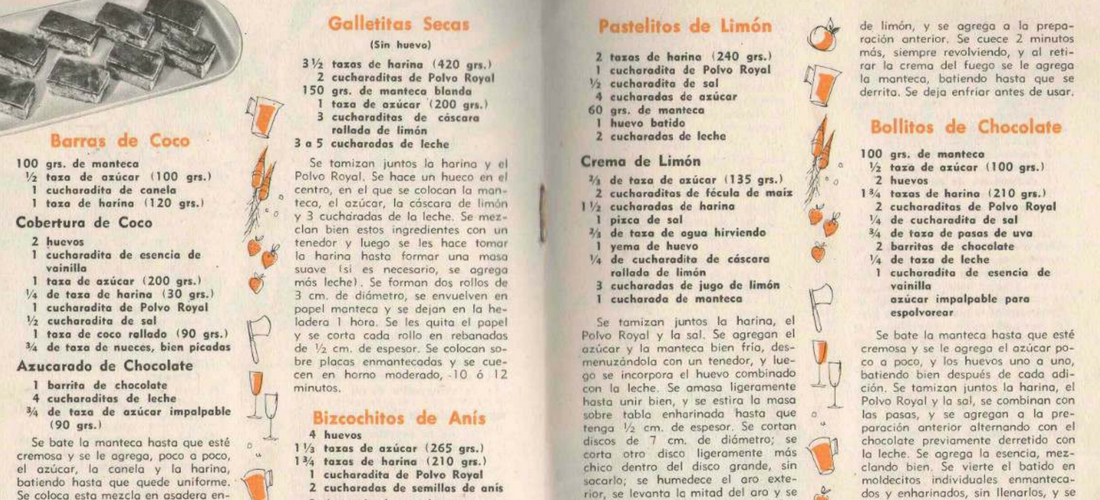
To write a book you need to read a lot
To write about food you must read a lot about it, cook it, write it, repeat.
On a previous post I wrote about researching recipes, envision an audience and write specifically for them, the sources and methods to better complement your work.
This time I will explore types of resources you need to procure yourself with in order to become a (better) writer. While it is clear that reading “Twenty thousand leagues under the sea” won’t make you the next captain Nemo, actually reading extensively about your specific subject will indeed expand your horizons of understanding on the subject and help you find your own voice.
I have found that what it works best for me when writing about food is conceptualising the project with a starting hypothesis of sorts, which in plain English means building a clear objective and parameters of all the things I want to include and exclude, the last aspect is particularly important because the one thing you want to avoid is writing for the sake of writing without having a special goal in mind.
Say you are writing a book about dishes from your region of origin, let’s consider some questions that will help you define your work:
- Will you explore the history of these dishes?
- Will it be about present day dishes?
- Is it about specific kind of food like celebratory or everyday meals?
- Will you provide context about when and how these dishes are cooked an eaten?
- Will you source your information from interviews and family recipes or only from books?
- Is it personal memoire?
- You want to present recipes to complement the research?
- Will recipes be the main focus of the work?
As you can see, just by answering these questions you begin to realise what kind of focus you want to pursue, I have also found that it works best for me start by ruling out the things I do not want to write about, somehow this reverse process helps me gain more clarity and will also prevent me from waisting time writing about irrelevant aspects.
Don’t try to invent hot water, find your focus on the things no-one has written about.
How many books about cakes does the world need?… really? but what about books about cakes that had been served at key historical events, a compendium of your favourite novelists’ birthday cakes, cake recipes form around the world, or how to bake cakes in solar cookers…. See what I mean? It is not about the subject what really matters, but what YOU have to say about it that no-one has ever thought about, and how your particular take will make this topic relevant, interesting and approachable.
But in order to do that you have to invest some a lot of time doing research and reading as many books as your brain can take in, this will not only broaden your understanding on the subject and will allow you to gain several things:
- Find out what kind of authors have written about the subject
- Which angles have their works focused on
- How have they documented it*
- Which areas or aspects few or no authors have covered
- Making a list about the things you like the most about each work will help you inspire yours
- Same for the things you want to avoid
- It will quickly help you discard ideas you bought were “brilliant” but turn out to be weak, too common or simply irrelevant
*Always go to the sources
A well written book and a diligent author will have enough bibliographic and documentary sources to back up their claims, yes, even if it is a cookbook. The misconception that food writing is a subjective matter that only answers to personal interpretation is a dangerous path, just because is not “hard science” it doesn’t mean that there is an absence of methodological research and a plethora of documents about it. In my years as a masters student I was required to quote at least 5 different sources per A4 page from accredited publications to back up my work, and if the average essay had 10 pages I had to have read at least 50 different materials to document my assignment. I am not telling you to follow the same relentless path, but I certainly keep at heart that discipline, and to this day I probably invest the equivalent amount of time doing research as a I do writing, even when I write an episode for Pass the Chipotle I always study at least 15 different resources, from academic articles, to books, documentaries and specialised publications.
Where to look for information?
Your local library has to be your best friend, be adventurous and explore specialised libraries and museum archives, and if you can afford it, go hunting for books in second hand bookshops, car-booth sales and charity shops, don’t be afraid to google search for academic documents in the subject. It is true that most academics lack the grace to make texts approachable and often are riddled with unnecessary flowery jargon but the truth is they have spent years researching and you are bound to be able to find interesting threads to pull.
Here is an example of how to google an academic work: Use quotes to limit the search terms to a more precise search and add the type of files you want, that will eliminate results that don’t match this criteria and will more likely be full articles or extracts of books:
“history of homemade dinners” Filetype:PDF
This is one of the results I selected:
Food and Eating: An Anthropological Perspective By Robin Fox
http://www.sirc.org/publik/foxfood.pdf
Published by: Social Issues Research Centre (SIRC ) based in Oxford, England.
The Internet Archive is another great way to access hundreds of resources, by creating a free account you can download or borrow materials, here is an example of some works I found about “traditional food” https://bit.ly/2OCIbFr
What type of books and documents to read?
When specifically writing about food or for recipes there are several types of sources of information I find indispensable:
- Cookbooks
Old and new cookbooks will help you establishing a timeline that will help you understand the evolution of a dish, ingredients used, regional variations, and even new interpretations. You will decide for yourself how far back is necessary for you to go, but that will also allow you to test several recipes and decide which works best and know beyond doubt the influences and characteristics of yours.
- Family recipe scrapbooks
If your work requires to document certain type of family recipes and it is of your interest to reflect this type of cooking in your book, then I suggest you start thinking about this resource. Family recipe scrapbooks are very often kept almost as relics as many have been for generations in a family, so you might want consider arranging visits to photograph or copy the recipes, talk to the people who have cooked form those books, you might even get a bit of extra history or tips.
- Archives
Of course this is not an average choice for most modern food writers, at least for those interested only in present day food, but if you are particularly interested in one specific aspect related to a practice or even certain ingredients, historical archives are a great source of information that will definitely add a whole new dimension to your work.
- Digital publications and academic papers
There is a constant production of academic work published in digital format these days and very often it is also free to access but not always easy to find. So using keywords such as “paper”, “article”, “academic” or “study” will help your search.
For example, I use these two search criteria using quotes:
“history of the american apple pie” “research”
And this is one of the results that came out: An article form the Historical society of Pennsylvania A Pinch of History: Amelia Simmons’s Apple Pie.
- Books about food
In the section of my website called books for cooks, I review books about food studies that I have read over the years and have found particularly interesting, thought-provoking and always lead to know possibilities to understand a subject from a different -often richer- perspective. Think of it not as a source of recipes bees that’s the one thing you fond in them but about understanding about the food production system, customs, politics, traditions, evolution of practices, etc.
In my newsletter I share upcoming book reviews, but don’t be afraid to look for the “food writing” section in your local bookshops you might be surprised about how fascinating these books can be. Between you and me, it’s been almost a decade since the last time I actually read a fiction book, who needs non existing worlds when there is so much to be learnt from ours!
And last but not least, save, save, save! Always write down your sources, save them on google keep, everything or a simple word file, this will allow you to build a catalogue of materials you can revisit whenever you need to.
On the next blogpost I will talk about how to actually define your style as an author, how to actually learn how to write for an audience and some of the best resources out there that have helped me in my journey and I’m sure will work for you too.

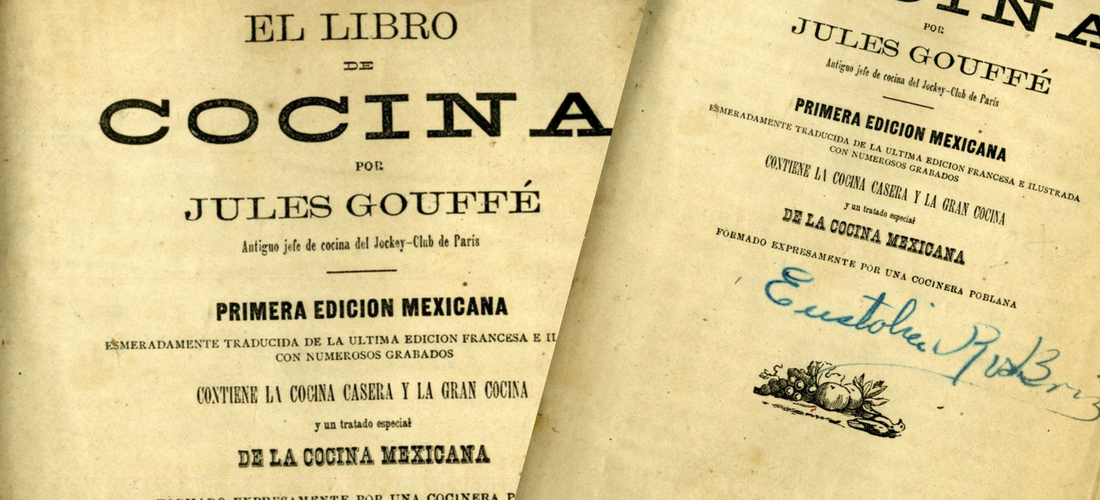
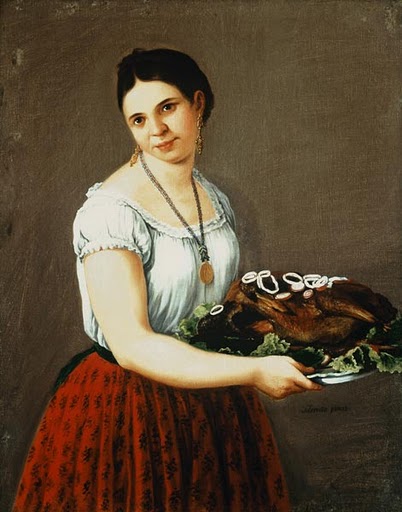

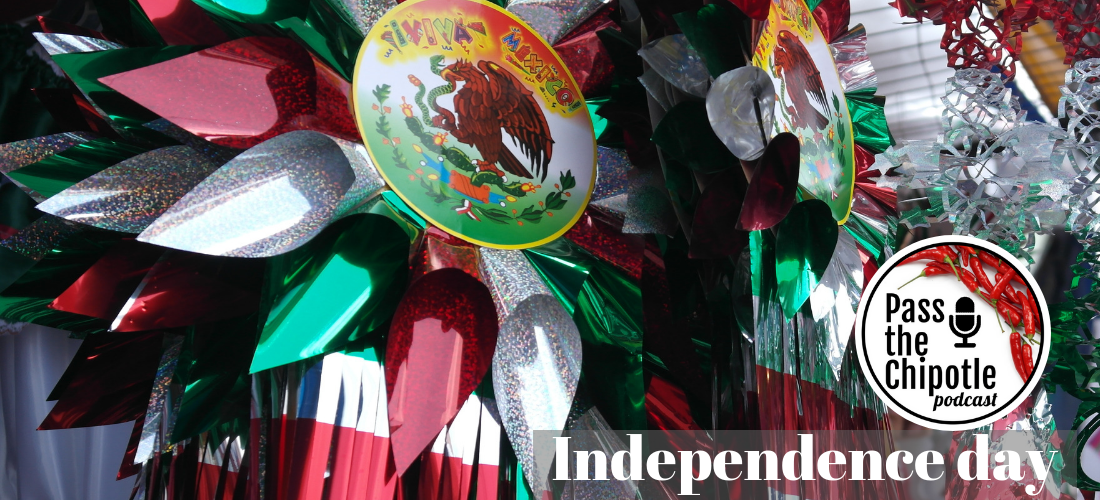
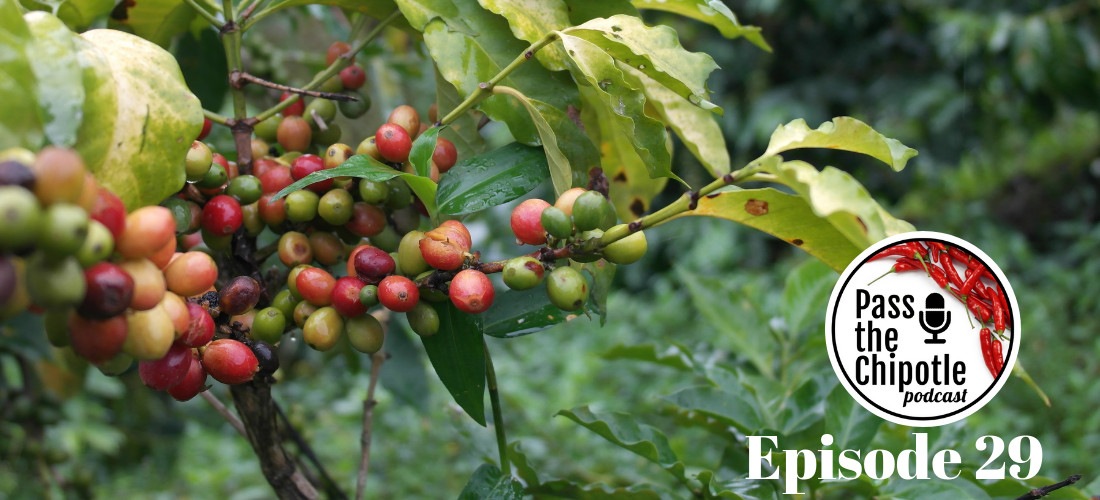
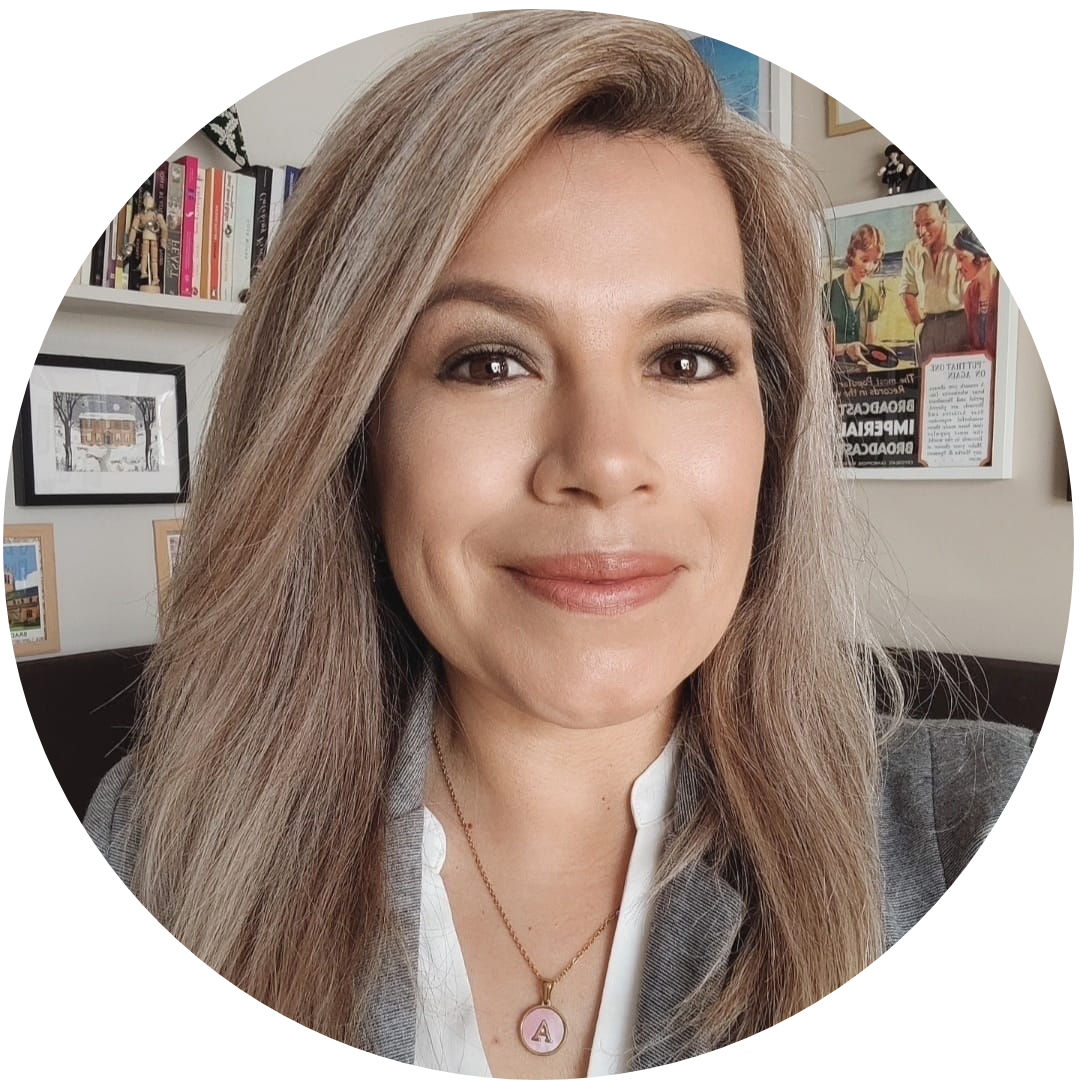


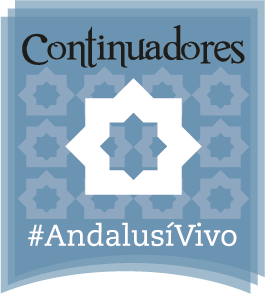
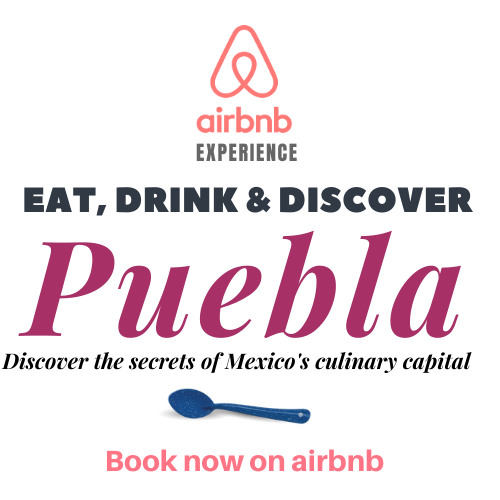
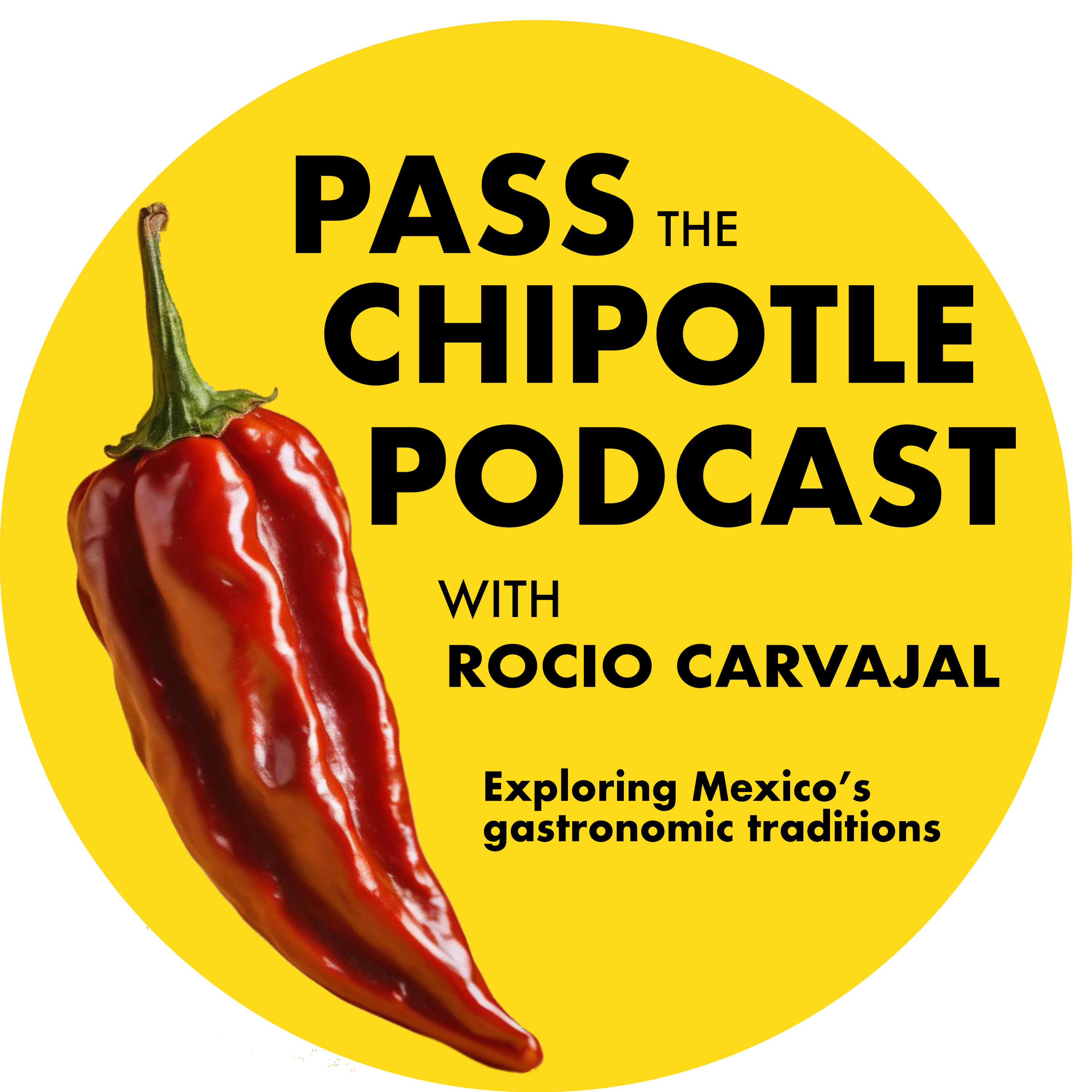
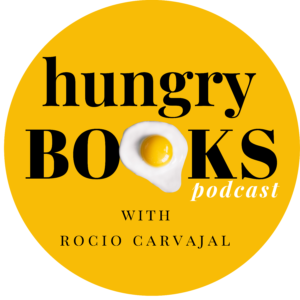
Comments (3)
Nicole
September 26, 2018 at 12:40 am
This post is gold! Wow, Rocío! I plan to read and re-read this. I’m super excited for your book.
rocio.carvajal.cortes@gmail.com
September 26, 2018 at 12:49 am
Thank you! I was a bit worried I had gone a bit too heavy with all the resources but honestly it takes so long to put together a good methodology that I thought it was really worth putting it out there. : ) I’m glad you’re finding it useful.
The writer’s boneyard and other hacks to book writing – Pass the Chipotle – Celebrating Mexican Gastronomy
February 4, 2019 at 5:17 pm
[…] focus specifically on the actual work of writing, in previous blog posts, I’ve talked about research, photography and digital publishing but that is useless if you don’t actually sit down and write […]
Comments are closed